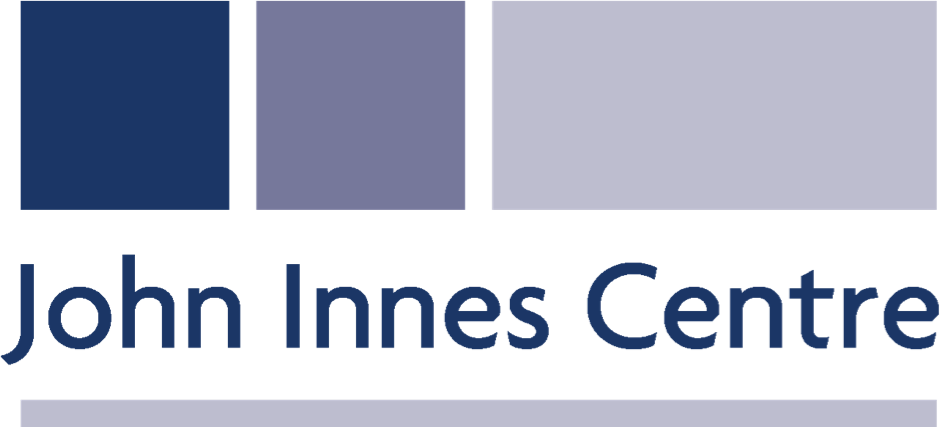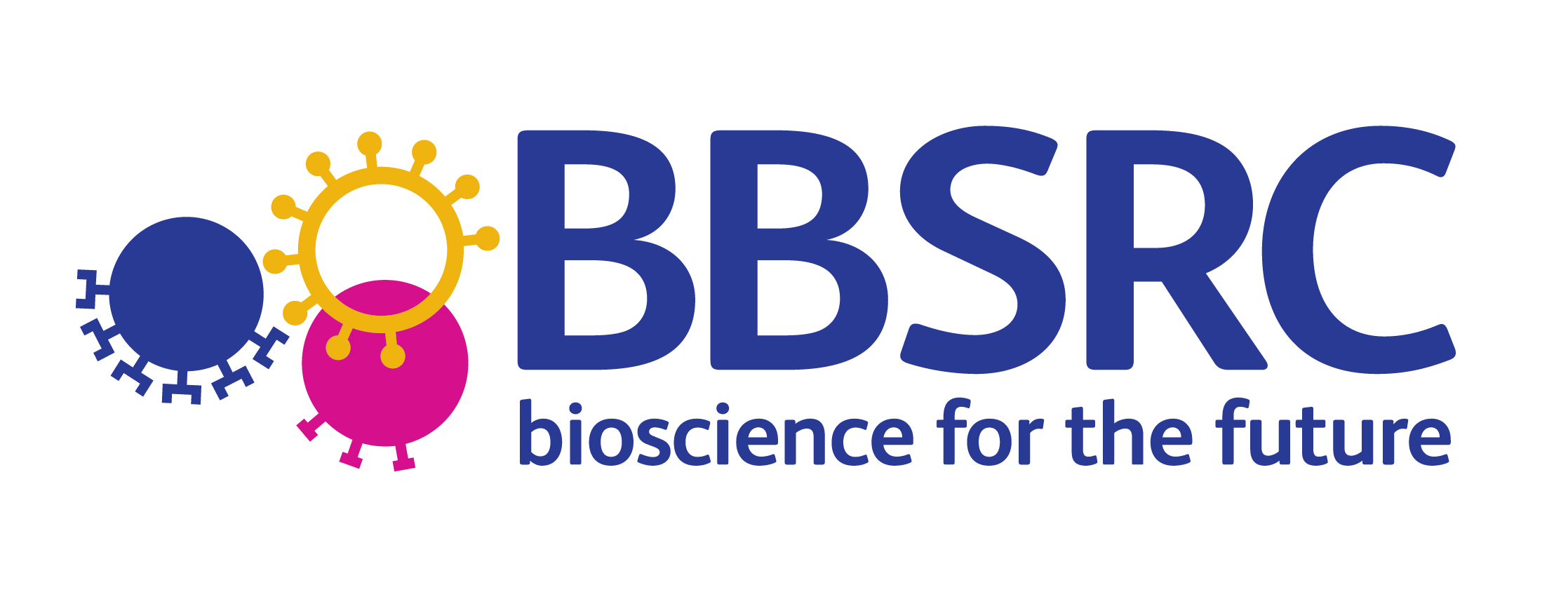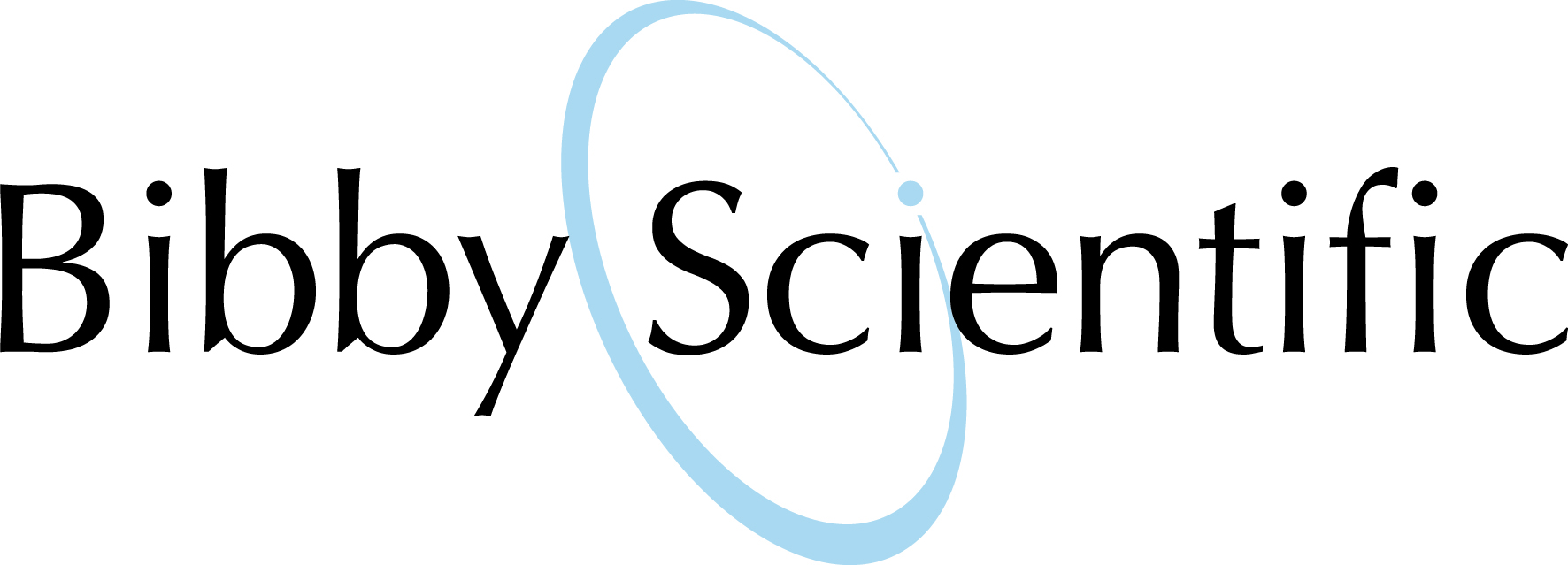Difference between revisions of "Team:Cambridge-JIC/Practices"
KaterinaMN (Talk | contribs) |
KaterinaMN (Talk | contribs) |
||
| Line 152: | Line 152: | ||
q = new quiz('#cam-quiz'); | q = new quiz('#cam-quiz'); | ||
| − | step1 = new q.step(" | + | step1 = new q.step("Do you want to release your product into the public domain?", { |
| − | 0: " | + | 0: "no", |
| − | 1: " | + | 1: "yes" |
}); | }); | ||
| − | step2a = new q.step(" | + | step2a = new q.step("Do you want complete legal control over your product at all times and to prevent derivatisation?", { |
| − | + | 0: "no", | |
| − | + | 1: "yes" | |
| − | + | ||
}); | }); | ||
| − | step2b = new q.step(" | + | step2b = new q.step("Do you want to have the option to legally impose conditions of use such as attribution?", { |
| − | + | 0: "no", | |
| − | + | 1: "yes" | |
| − | + | ||
}); | }); | ||
step3 = new q.step("Do you like any other fruit?", { | step3 = new q.step("Do you like any other fruit?", { | ||
| Line 185: | Line 183: | ||
</script> | </script> | ||
| − | < | + | <section> |
<div id="cam-quiz"></div> | <div id="cam-quiz"></div> | ||
| − | </ | + | </section> |
| − | + | ||
| − | + | ||
| − | + | ||
| − | + | ||
</html> | </html> | ||
{{:Team:Cambridge-JIC/Templates/Footer}} | {{:Team:Cambridge-JIC/Templates/Footer}} | ||
Revision as of 10:10, 8 September 2015









